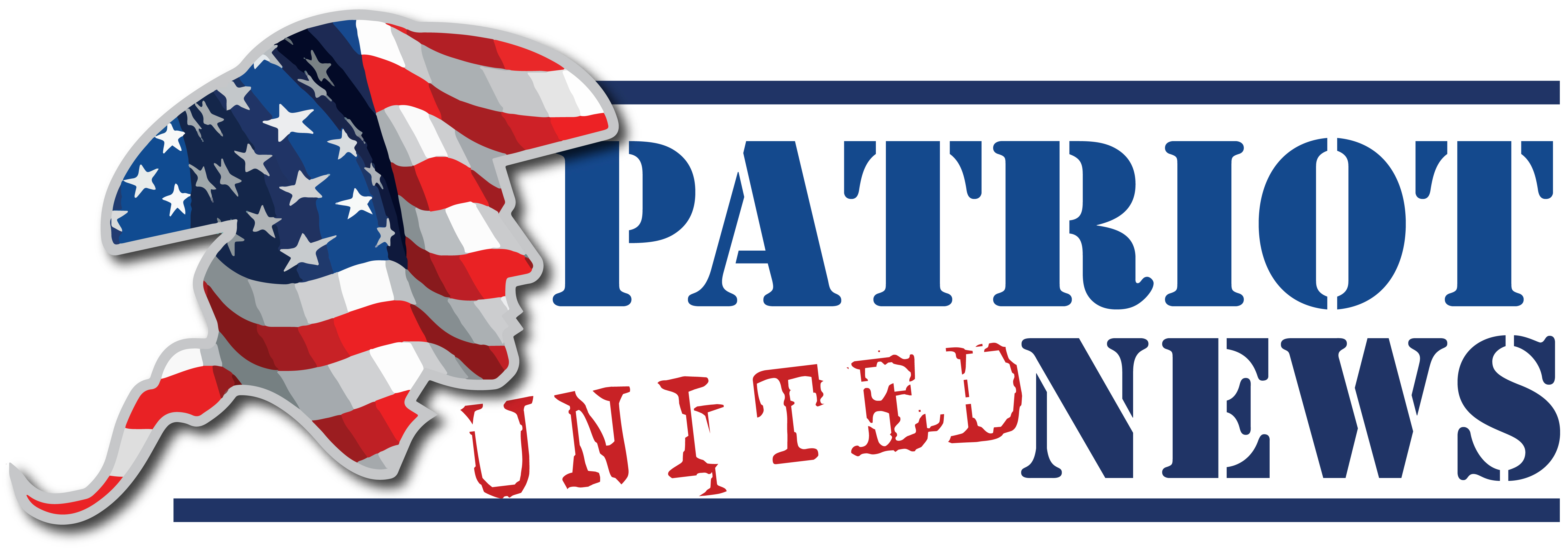The U.S. Department of Housing and Urban Development (HUD) will now take part in voter registration efforts that in many cases allows for mass collection of voter registration forms by public housing officials, raising concerns about the capacity for voter fraud among several other distressing legal issues in the wake of the thoroughly compromised 2020 Election.
HUD’s voter registration drive comes as part of the “all-of-government” method explained in an executive order from President Joe Biden.
HUD sent guidance to executive directors of more than 3,000 public housing authorities handling about 1.2 million real estate units, offering guidance on “running a PHA–initiated voter registration drive.”
In federal government parlance, PHA means a public housing agency.
Federal housing officials likewise recommended the regional firms on how to use to end up being a “voter registration agency under the National Voter Registration Act,” and how to establish drop boxes for ballots on the facilities.
The assistance from HUD to local public real estate companies marks the first time in over 25 years that the federal government verified that regional firms getting federal tax dollars may get involved in voter registration, according to the National Low Earnings Real Estate Union, a not-for-profit public real estate advocacy group.
Targeting the Federal government’s Dependents
HUD’s relocation creates clear ethical issues, as it would with other federal advantages, stated Stewart Whitson, legal director for the Structure for Federal Government Responsibility, an ethics guard dog group.
The company has filed a lawsuit under the Freedom of Information Act against the Justice Department, looking for records on how the Biden administration is carrying out the president’s executive order.
“Government offices can offer voter registration forms, but voter registration drives are different,” Whitson informed The Daily Signal, adding:
Take public housing, for instance. It is presumed [that] residents of public housing might disproportionately vote Democrat. … The executive order targets people receiving government benefits who might think their benefits depend on one party in power.
Whitson said he is also concerned about whether the executive branch of the federal government has the legal and constitutional authority to get involved unilaterally in elections, which are state and regional matters.
“If the federal agencies comply with the executive order, this is executive branch overreach that would prompt Congress to intervene and states to sue,” he said.
Encouraging Citizen Drives
On Feb. 9, four HUD offices sent by mail assistance regarding citizen participation to regional public housing companies. The 4 were the Workplace of Public and Indian Real Estate; the Workplace of Multifamily Real Estate Programs; the Office of Special Requirements Programs; and the Office of HIV/AIDS Housing.
The Workplace of Public and Indian Housing’s letter to regional public real estate agencies says: “If your PHA wants to be thought about to be a voter registration agency, you can connect to state election officials for additional information about the rules and laws for your state.”
If a public real estate agency isn’t eligible, the letter makes additional tips.
“If the laws of your state allow,” HUD’s letter says, the local housing agency may consider “accepting completed voter registration application forms and transmitting these forms to the appropriate state election official.”
“If the voter registration laws of your state allow,” the letter adds, the local agency may consider “running a PHA-initiated voter registration drive.”
The letter from HUD goes on to present the suggestion “working together with local election administrators to permit using PHA area for citizen drop boxes and voting sites, including for early ballot.”
The guidance to local public housing agencies was mostly the exact same across the four HUD workplaces but differed somewhat.
A Considerable Change
Previously, authorities at lots of local public housing agencies said they couldn’t get involved in voter registration since they accept money from the federal government. Biden’s executive order and HUD’s guidance to local authorities mark a substantial modification, according to the National Low Earnings Real Estate Union.
“For many years, various housing organizations, and specifically public housing agencies (PHAs), indicated that they cannot participate in voter registration because they receive federal funding,” the housing coalition said in a press release, adding:
When NLIHC told them federal funding was not a barrier, the only proof at hand was a [Office of Public and Indian Housing] letter from 1996. These new actions by the HUD offices are the first affirmation in 26 years that HUD offices and the programs they fund should involve themselves in ensuring their residents have a voice in elections.
In an email, a HUD spokesperson informed The Daily Signal that no modification in policy has happened.
“The 1996 guidance was clear, and the department had not changed its policy,” the HUD spokesperson said. “The message we sent in February was not a change in policy but instead a reaffirmation of what PHAs could do.”
Unethical characters have actually discovered methods to abuse public real estate for political ends.
In Martin, Kentucky, Mayor Ruth Robinson, her partner, and her children were all convicted in a voter fraud case in 2014.
Prosecutors stated the Robinsons daunted bad and disabled citizens, residents of public real estate or Robinson-owned homes, into voting for her on absentee tallies in the 2012 election. Robinson herself had actually completed some tallies, prosecutors said.
Prosecutors figured out that the mayor threatened to evict citizens from homes she owned if they didn’t choose her, which family members used allurements to others to purchase votes.
A judge sentenced Robinson to 90 months in prison, according to the FBI, after the matter became a federal case because it included federal cash.
‘Permissible Voter Registration Activity’
The government would consider any coercive or intimidating behavior from authorities of regional public housing firms throughout voter registration efforts to be impermissible, the HUD representative stated.
“If the individuals you cited engaged in coercive behavior, they were bad actors,” the HUD spokesperson told The Daily Signal in an email.
HUD’s message to public housing companies “does not suggest that PHAs utilize third-party entities,” the spokesperson stated. “Rather, the message said that even if the PHA is not a designated state citizen registration agency, the PHA can still help with voter registration.”
HUD’s Office of Multifamily Housing Programs informed local public housing companies that acceptable activities at multifamily, government-assisted residential or commercial properties consist of:
• Permitting the use of community space on an incidental basis to hold meetings, candidate forums, or voter registration, provided that all parties and organizations have access to the facility on an equal basis and are assessed equal rent or use charges.
• Collaborating with local election administrators to permit the use of space for voter drop boxes and voting sites, including for early voting.
The federal assistance for multifamily public housing states that partisanship isn’t acceptable, and forbids actions that “suggest that benefits are in any way tied to a participant’s voting activity” or give “the appearance that the processes of voter registration or voting are not voluntary processes.”
Still, the larger picture of executive branch firms being associated with elections raises questions concerning the Hatch Act, said Hans von Spakovsky, a senior legal fellow at The Heritage Structure, moms and dad company of The Daily Signal.
Congress passed the Hatch Act in 1939 after authorities in President Franklin Roosevelt’s administration threatened to withhold benefits and loans to those who didn’t vote Democrat, an act that seems to presage the electoral shenanigans to come from the party decades later.
“If an individual is dealing with government—whether for Social Security, Medicaid, or veterans benefits—when a government clerk tells them to register to vote,” von Spakovsky told The Daily Signal, “the typical reaction for someone getting government benefits is: ‘I better vote for the party in power, or my benefits will be denied.’”
H/T The Daily Signal










